#ashinril mahariel
Photo
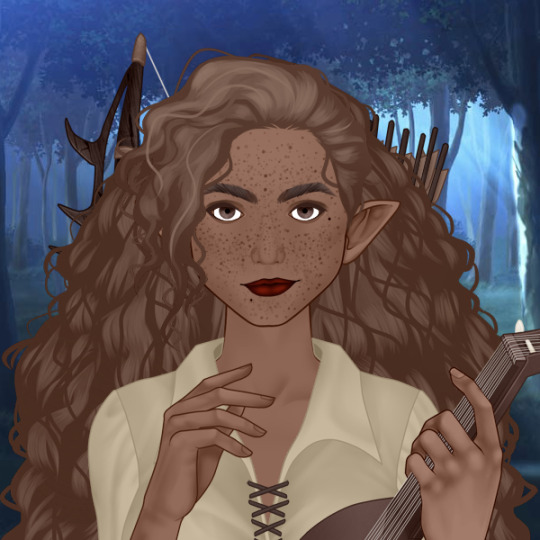
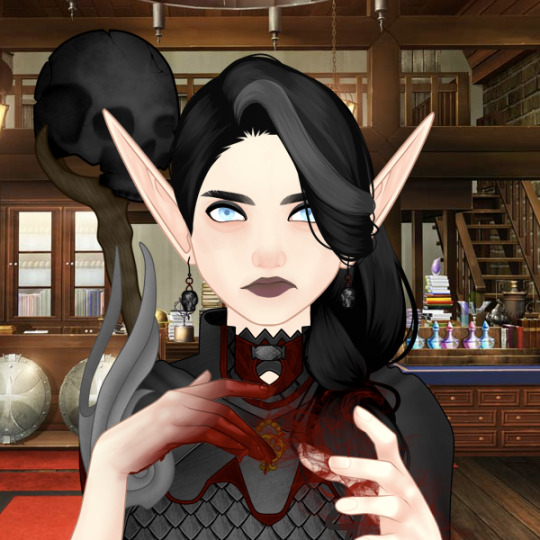
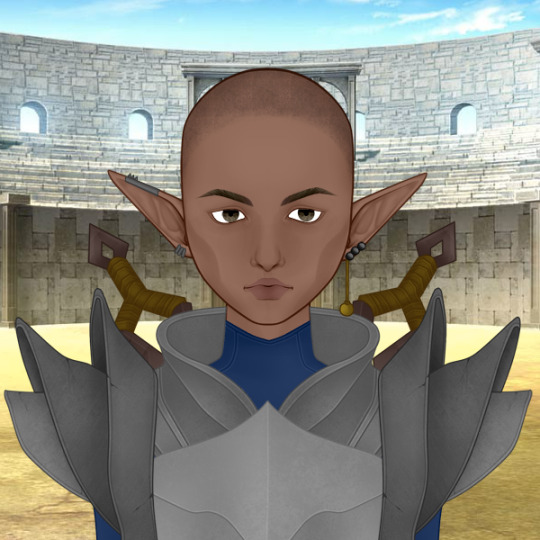
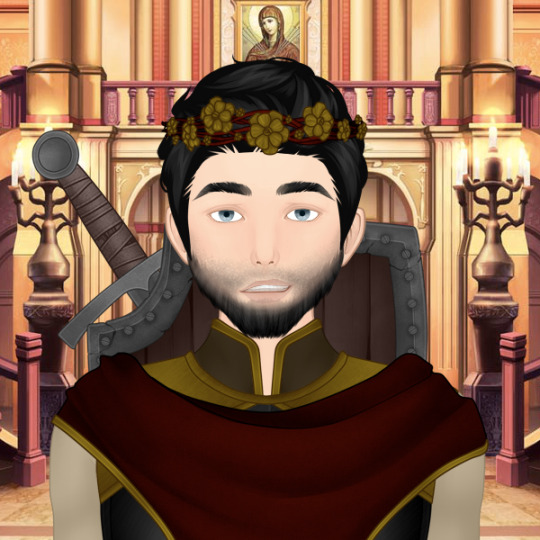
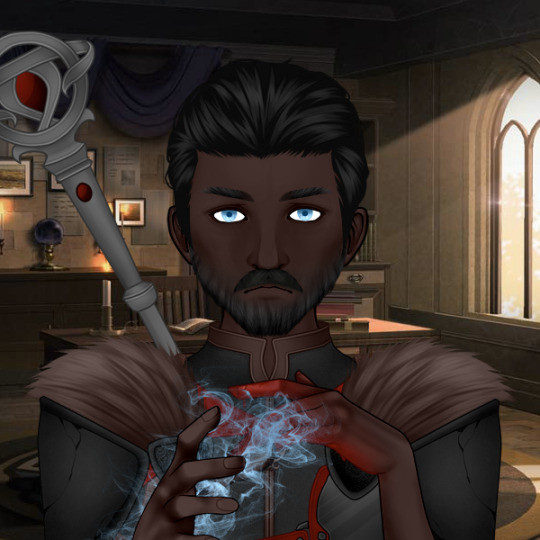
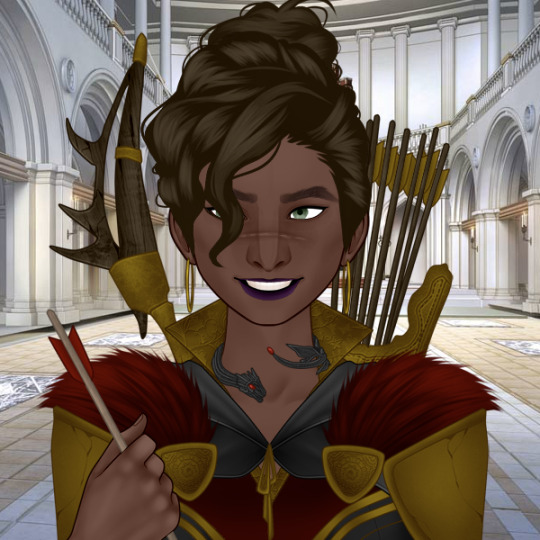
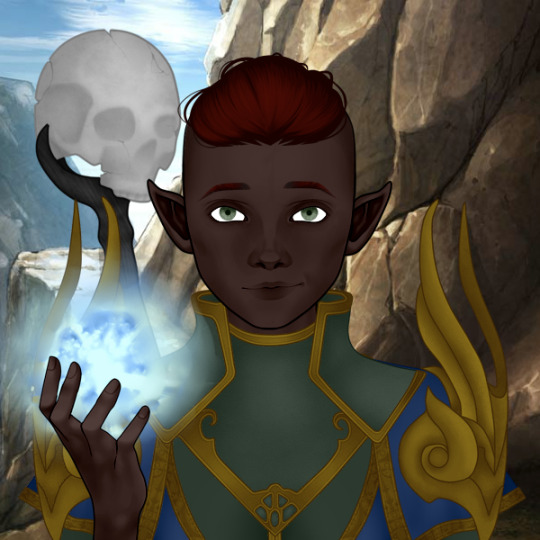
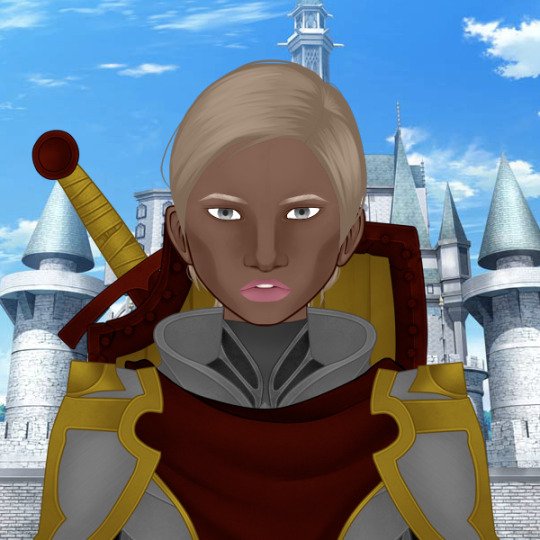
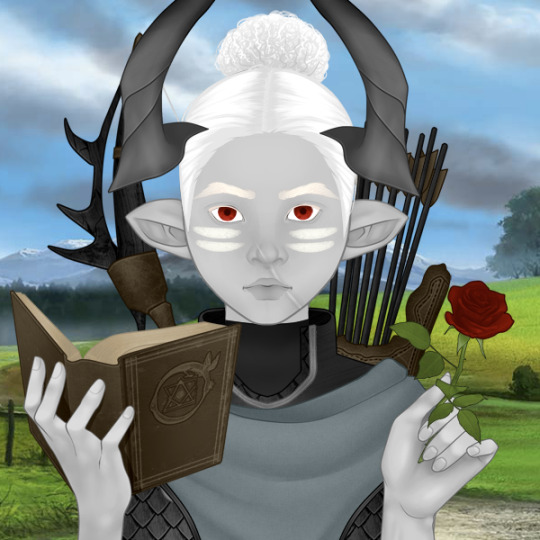
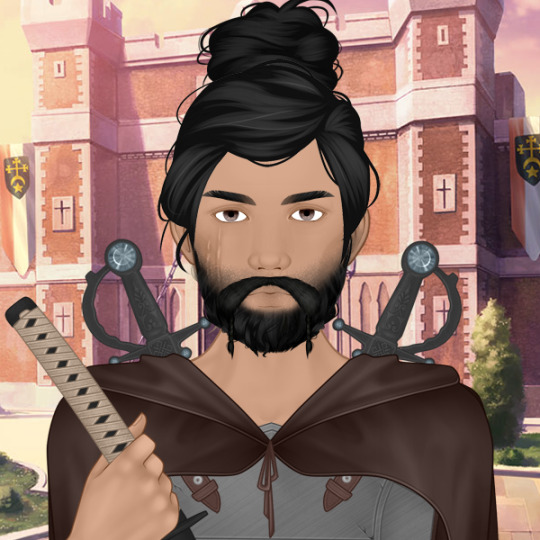
anytime any of you post a dollmaker i just go ahead and resign myself to losing half my day to it
all my aged dragons except knox, whose look I couldn’t pull off, and anaïs, because i have to draw the line somewhere
tabby, ellie, ash, couscous, hawke, hawke 2 hawke harder, ari, pip pip cheerio, asala, and fritz
#minor kitaclysms#i was actually debating giving up on fritz and putting anaïs in bc... that... isnt really super representative of him#but i already got this far with him that Fuck It#im actually really happy with fin eliana nerys and ariahris tho they look p bomb if i do say so myself#i forgot farran's blood smear and was so mad bc that was IN THE DOLLMAKER but fuck whatever#finnuala tabris#eliana surana#ashinril mahariel#warren cousland#farran hawke#nerys hawke#ariahris lavellan#pippa trevelyan#asala adaar#knox cadash
0 notes
Photo

so I’ve been organizing my art commissions lately && realized I never crossposted this one I got from @anaerobic-respiration on FR a while back! it came out so true to how I picture inquisition era ash, it’s just. gorgeous
#major kitaclysms#ashinril mahariel#dragon age#commissioned art#their lines are just. so.. Good.#they've got that good craft my dudes. if you're on fr PLS go check out xayah's art shop all their stuffs just so good
0 notes
Text
nicknames are very important to me in the character creation process
for instance, there’s “ash”, who sees the nickname as a cheap tactic to get out of pronouncing her name, but is fond of it when close friends use it
“ellie”, who lowkey despises being called “ellie” but that’s what happens when you have an eliana and a leliana (they eventually settle on calling leliana “leli”, which makes everybody happy)
“fin” for finnuala, whose name was too flowy and elegant and too big to grow into--”fin” is sharp, punchy, and that suits her better
“pippa”, bastardizing her given name as another F-U to her family and house
and then there’s cousland, who I call “couscous” whenever I’m thinking about him for whatever garbage reason,
#minor kitaclysms#my blog subtitle should be suffering over names the musical#ashinril mahariel#eliana surana#finnuala tabris#pippa trevelyan#warren cousland
2 notes
·
View notes
Text
codex entry: an interview with the hero of ferelden
History will remember Ashinril Mahariel more for her titles than her personhood. She is, after all, a symbol. Like Garahel before her, her name is synonymous with sacrifice, bravery, and elven achievement.
It is important to remember that Warden-Commander Mahariel, arlessa of Amaranthine, Hero of Ferelden, is more than that. She united Ferelden, carved out the first piece of elven-owned land since the Dales, survived a feat of courage previously thought unsurvivable, and became the first elf elevated to nobility in the kingdom. That is indisputable. But she is also a person with dreams and desires, fears and anxieties, and her own designs on life and what she aims to accomplish.
A thesis more easily argued were she not so eager to dismiss it.
“Right now I’m just hoping to accomplish a mid-afternoon snack,” she counters from inside the cupboard. “Afterward, a nap. There might be time in between there to crack some heads together.” Mahariel mulls around the palatial kitchen, rummaging through cabinets as servants continue about preparing dinner looking uneasy. (“We try, believe me, we try,” one such will say to me later, “but she doesn’t like being waited on. Doesn’t want to inconvenience us, she says.”) She settles on an apple, holds it up in the air so the head chef can see, then bites into it when she gets the nod. I follow her out into the hall.
“But you must have a greater scheme, of course,” I insist. Everyone has goals—surely so does the Hero of Ferelden. She stops as if to consider this, then leads us to a plush staircase, on which she sits. “Well, survival. Does that count?”
“No, not really.”
“Pity.” She takes another bite, sucking the juice from between her thumb and forefinger. “In all seriousness, the work doesn’t end with the Blight. Amaranthine still needs rebuilding. Wardens still need training. Darkspawn still need their heads cut off.”
“But that’s the work. What about you?”
“I am the work.”
Mahariel was born to a Dalish clan called Sabrae. Each Clan descends from a different noble house that once ruled the Dales. The heraldry on the flags adorning Sabrae’s aravels likely once belonged to such a noble family, and, in turn, to Ashinril. Her father before her was the Keeper of the Clan, their leader spiritually, strategically, and otherwise.
Her father died before she could know him. Her mother left shortly after her birth. She was raised by her clan.
The Blight orphaned her once more.
“I was tainted,” Mahariel explains. “I was young and foolish, sticking my nose where it shouldn’t have been. Warden-Commander Duncan conscripted me to save my life.”
But conscription is compulsory. Mahariel hadn’t agreed to go with the Wardens.
“I didn’t want to leave my family.”
She became a Grey Warden the night before Ostagar. Both she and King Alistair, then another junior Grey Warden, survived under circumstances she assures me I wouldn’t believe. That isn’t the part of the story I find incredulous.
She amassed an army the likes of which hasn’t before been seen in Ferelden. She recruited the mages after freeing the Circle from demonic possession, the Dalish after breaking a decades-old curse, Redcliffe knights after freeing the arl’s son from yet another demon—how?
“I didn’t have much of a choice, really. When the options are die or do the impossible, you’re going to try like mad to do the impossible.”
“That isn’t the spin the minstrels put on it.”
“I like to serenade my desserts with Light of the Fifth Blight. Those little tarts are way more deserving.”
“But not you?”
“I did—I do—my duty as a Grey Warden. No more or less than Alistair or any other.”
“He speaks highly of you. The minstrels may very well have pulled that tune from him.”
“He’d speak highly of anyone who’s bought him as many souvenirs as I have.” There’s a small smile before her teeth crack once more into the fruit. “He’s a dear friend.”
King Alistair of Ferelden keeps a great deal of friends, but perhaps none so closely as our Hero. She did, after all, ascend him to the throne.
Mahariel’s life in the years since the Blight has been split between Denerim, Amaranthine, and what she refers to as “Warden business”. She’s often the one to bring the throne news from her travels, reporting on anything from the state of the darkspawn conflict to commoner opinion on the latest royal decree. She’s present at the palace often enough to not only have earned her own bedroom, but also to know a significant number of the servants by name.
But while Mahariel has no doubt acclimated to Fereldan life, she wanders the Royal Palace barefooted. Her clothes are plain. Her hair is worn in braids and knots less common among the nobility and more common within the alienage. Her pointed ears are adorned with silver chains that bounce from piercing to piercing, dangling down pendants marked with Elven symbols.
“I don’t [consider myself Fereldan], no.” Her ears twitch as if to emphasize her point—or perhaps to make certain no-one else is nearby. “Ferelden has been my home for much of my life, but my clan…” There’s a certain horror in her eyes before she blinks it away. “My heart will always be Dalish.”
The sales of the recent Tethras book, The Tale of the Champion, have been unprecedented. Historians and guilty pleasure readers alike have created a demand that sellers struggle to fill. The story of the Champion of Kirkwall’s rise to power and infamy has captured the imagination of Thedosians across race, nation, and class lines.
What many don’t realize, however, is that tucked between fight scene and humorous quip, the book also tells the tale of Mahariel’s family’s murder.
The Champion of Kirkwall, aiding her friend and Mahariel’s clanmate, found herself in conflict with their Keeper and the Sabrae clan. The conflict resolved in blood.
Even face-to-face, it’s hard not to see Mahariel as greater than life: tall, proud, beautiful, and commanding. Something about that changes when the subject is broached. It might be her posture, her ears, maybe even the way she’d been chewing on that fruit—but suddenly, she becomes smaller, quieter, and every inch more real.
“Alistair visited Kirkwall—I hear that’s in there too.” There’s a note of disgust in her tone—the likes of which it’s my first time hearing. “He’d established a relationship with the clan through me and Ashalle. He’d heard they were in Kirkwall. They weren’t by the time he arrived.”
And in there, perhaps, we learn of the real Mahariel: Dalish of no clan, hero of a country she won’t claim.
Dalish campfire stories weave tales of elders lost in the Fade, forever separated from reality when their physical body’s connection to the Fade was severed. They’re the type of horror story that words themselves don’t entirely communicate. I imagine what it must have been like, the best of their people cursed to forever wander a shifting landscape of foreign familiarity. I wonder if they withered away into the Fade, consumed by all they had lost, or if they continuing down those eternal pathways carrying on the best they knew how.
Meeting Mahariel gives me certainty in knowing those elders did not perish, but does nothing to sate my pity.
“What’s next for you?”
“Not a clue,” she reaffirms. “But if precedent’s anything to go by, I’m sure it’ll be exciting.”
0 notes
Text
codex entry: a letter from clan sabrae
The loss of Mahariel has been a hardship on all of us.
She was always a bright girl. Spirited. Rebellious, in her way. She resisted what was expected of her as one of the People, squirming out of talk about bonding or making light of the hahrens' stories, but we knew that she would come back to us in time.
We did not know we'd have to lose her first.
When that mirror took her--you could see the change. Her recruitment was a fight that burst its way through the entire campground. She proclaimed--loudly, repeatedly--that she wanted to die with her family. Watching her being taken away, knowing she had only stopped fighting because she could no longer, was a moment I'll not forget. We mourned two of our young that night.
I've heard the stories. Warden Mahariel, Hero of the Fifth Blight... the light in the darkest of times. The strength and duty we knew would come have found her. I pray that comfort has as well.
Ghilan'nain guide you home, lethallan. We await you.
0 notes